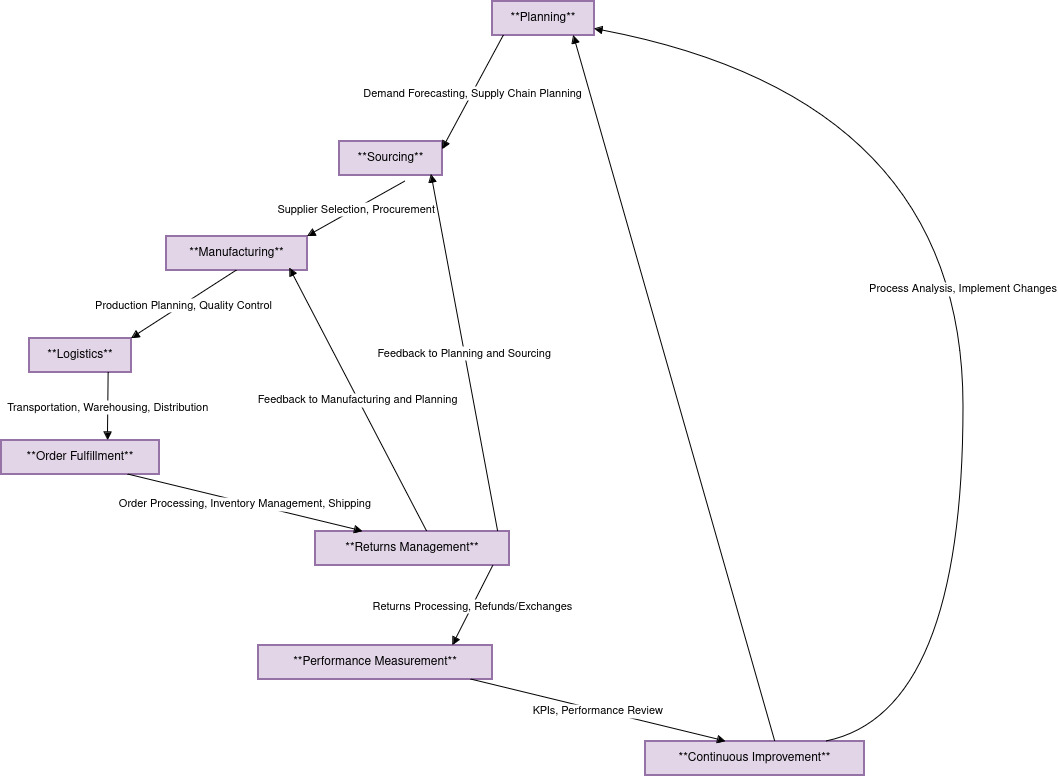WHAT IS SUPPLY CHAIN MANAGEMENT?
Aug 14, 2024 :Christabel Gathage
The term was first coined by Keith Oliver on June 4, 1982 during an interview with the Financial Times. Oliver would forever shape how we would refer to the business of moving goods around the world. This is about the same time that personal computers came onto the business scene. In spite of the current hype, supply chains aren’t really that new. Entrepreneurs have been buying things from suppliers and selling products to customers for almost as long as people have inhabited the earth.
Supply chain management is the efficient planning and coordination of all of the people, processes, and technology involved in creating value for a company. It is the end-to-end process starting from the design of the product or service to its sale, consumption, and even disposal. The word “value” shows up a lot when people talk about supply chain management. Basically, value means “money.” If a customer is willing to pay for something then it has value.
Managing a business is like playing a full-contact sport: So many moving pieces are involved, and so many things can change in an instant that making long-term plans is virtually impossible. How can you really plan for commodity price swings, natural disasters, and financial meltdowns? You can’t. You can’t ignore those possibilities, either. Instead, you need to think about them and design your business so that it can function well under a range of scenarios.
The widespread global shutdowns during the COVID-19 pandemic saw unforeseen dramatic shifts in businesses’ supply and demand cycles. Recovery would be insurmountable for some while others saw boosts in sales. To prepare for the unknown and the unknowable, the top management needs to:
(1) Understand and separate the core business from the supporting activities.
(2) Come up with worst-case scenarios.
(3) Define what they’ll do for each scenario, and how.
(4) Set up controls that can easily identify when a worst-case scenario is becoming a reality.
Most businesses find that close to 70% of the costs and 100% of the revenues are dependent on how the supply chain is managed.

Your comment